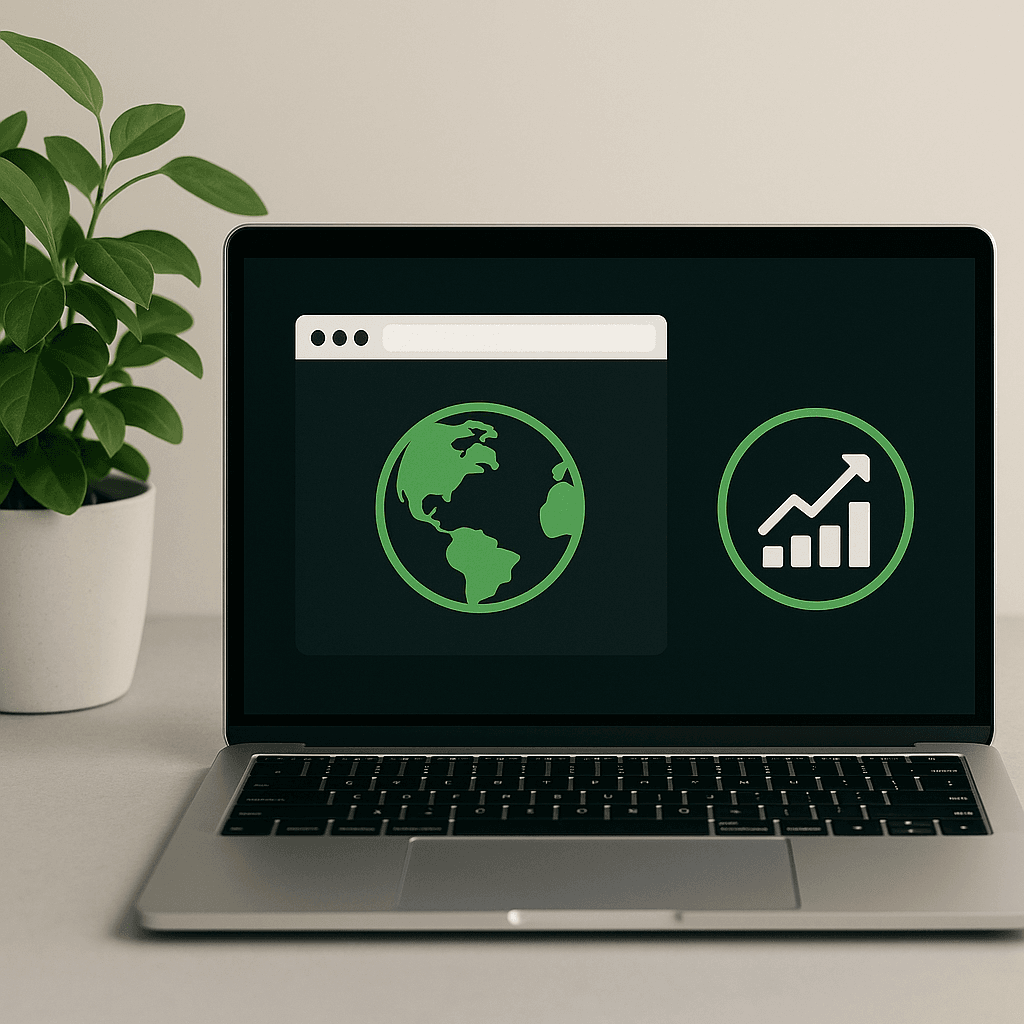Berlin-based nonprofit Ecosia just made the boldest play in the Chrome divestiture saga. The climate-focused search engine asked U.S. Judge Mehta to grant it 10-year "stewardship" of Chrome instead of forcing Google to sell to competitors, promising to funnel $600 billion into global climate projects while paying Google the remaining $400 billion.
The audacious proposal landed on U.S. Judge Mehta's desk Thursday, just as the tech world awaits his ruling on remedies to Google's illegal search monopoly. While Perplexity recently threw down a $34.5 billion cash offer and OpenAI signaled interest, Ecosia CEO Christian Kroll is asking for something unprecedented: Chrome for free, with strings attached to save the planet.
"It's not absurd, right?" Kroll tells reporters, though he admits his idea is "most definitely absurd, but also clever." The numbers certainly grab attention. Ecosia believes Chrome will generate $1 trillion over the next decade, making even Perplexity's offer look "too low" according to RBC analyst Brad Erickson, who speculated OpenAI "would be prepared to pay significantly more."
The stewardship model breaks down into climate action and compensation. Ecosia would control 60% of Chrome's revenue - an estimated $600 billion - directing it toward rainforest protection, global tree-planting, agroforestry projects, pollution enforcement, and green AI technology investments. Google would receive the remaining $400 billion while maintaining intellectual property ownership and even keeping its search engine as Chrome's default.
Founded in 2009, Ecosia already donates millions monthly through partnerships with local communities and NGOs across 35 countries. The nonprofit operates its own browser built on the Chromium open-source engine that powers Chrome, and maintains a revenue-sharing partnership with for search services. "We would be happy to manage Chrome for them," Kroll says, even offering to maintain employment for Chrome's existing workforce.

